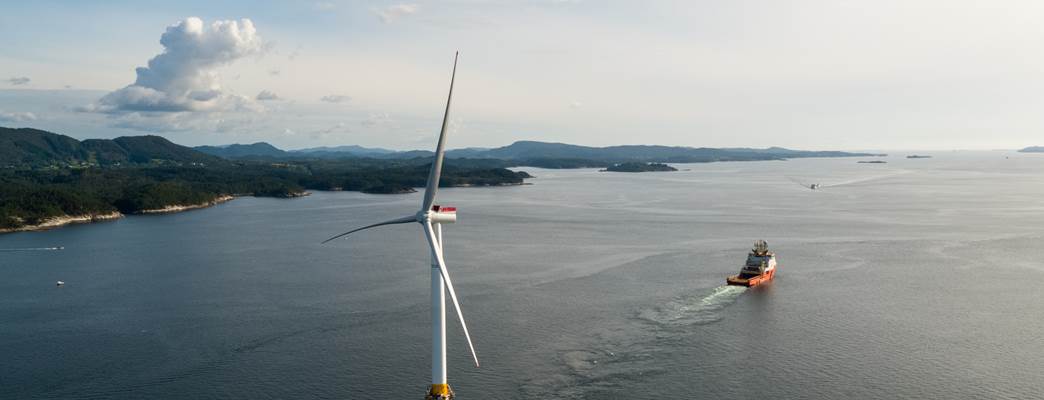This joint initiative featured a stellar line up of British and Norwegian experts from the private sector who have shared their insights and experiences on offshore wind topics ranging from Ports Development, Skills & Training, Grid and Transmission, Health and Safety, to Emergency Preparedness.
These workshops are a continuation of on-going collaborations between the UK and Norway, across different sub-sectors in the Philippine renewable energy industry. Both British and Norwegian companies are widely involved and excited about the RE transition.
The Philippines has been gaining traction in the international scene, with at least 77 service contracts awarded by the Department of Energy to local and international offshore wind developers. We have also seen significant partnerships forged, such as between Alternergy, a Philippine developer, and Shell, a British company. Norwegian players Mainstream and Scatec have joint ventures with AboitizPower to develop renewable energy in the Philippines. These are prime examples of major players joining hands and sharing expertise to develop offshore wind projects in the country.
British & Norwegian companies such as Arup, BVG Associates, DNV, Carbon Trust, and ERM have been present in the Philippine offshore wind since its conceptualisation. Corio Generation, a UK developer, is also preparing to bring forward offshore wind projects in the Philippines.
Representatives from other British and Norwegian companies at this 2-day workshop, such as Baringa, Kongsberg Digital, Rystad Energy, Low Carbon Contracts Company, RSK, Reactive Technologies, Norwegian Training Center and Vissim, have shown great interest in the opportunities the Philippines has to offer.
Norwegian Ambassador to the Philippines, Christian Lyster, said:
“Norway is at the forefront of the offshore wind industry globally. Energy and the maritime sector are the two most important sectors for Norwegian companies and investments in the Philippines. The offshore wind industry is where these two sectors meet.”
Grid & transmission as one of the major challenges of the industry, the workshop was also supported by UK’s National Grid and Norway’s system operator, Statnett, by sharing best practices in smart grid systems and injecting renewables into the grid.
British Ambassador to the Philippines, Laure Beaufils, said:
“The UK is proud to be the second biggest offshore wind market in the world, and home to the largest offshore wind farm in the world. I am delighted that we have been working closely with the Philippine government and our partners to share lessons from the UK’s offshore wind journey. The UK has a start-to-finish ecosystem of Renewable Energy suppliers – these companies are excited about the dynamic RE market in the Philippines. We are committed to support the Philippines achieve its offshore wind and wider renewable energy objectives.”
While grid, ports, policies and regulations are important for the development of offshore wind in the Philippines, the upskilling of maritime workers and other local talents for the offshore industry represent a huge opportunity for the Philippines.
The demand is already there! If countries are going to realize their renewable energy ambitions, thousands of new workers will be needed to construct and maintain new offshore installations. The Philippines is perfectly situated to take advantage of this opportunity. We are here to help make that happen”, Norwegian ambassador Lyster added.
The UK has the ambition to achieve up to 50 gigawatts of offshore wind domestically by 2030. Norway plans for 30 GW of offshore wind within 2040 Both have ambitious targets for innovative floating technology. Both aim to accelerate offshore deployment, thereby bring down costs year on year through new technologies and path-breaking solutions.
